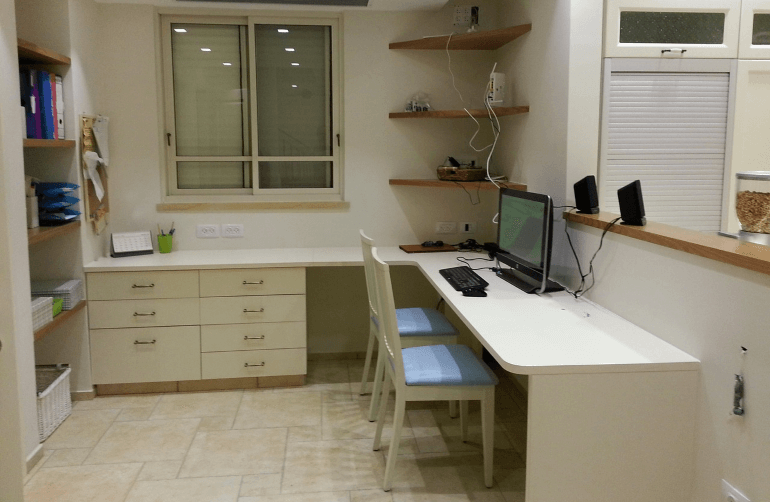You finally did it: you’re working remotely from the comfort of your home. Goodbye, commuting to and from the office; so long, colleagues with unbearable habits; au revoir, obligatory dress codes. And yet, something doesn’t feel right.
You thought that working whenever and wherever you want would be a boost to your mental well-being, but instead you often find yourself doing anything but your job. That’s because there is no pressure on you to get into the essential work mindset that is a necessity with a home office job. It’s quite a challenge to force the mind to concentrate on tasks when you’re surrounded by the familiarity and comfort of home, but that doesn’t mean that there aren’t some rules to follow to help your get into that necessary mindset.
The Tricks for Concentrating on Your Work
Forgetting About Being ‘Home’
We would never discourage anyone from doing home office work, but contrary to popular belief, remote employment can be quite tough particularly due to the lack of personal supervision by the employer. But the real issue is that all your tasks take place in the same place you cook, watch TV, or relax in the evening; it’s a minefield of distractions, so it’s easy to see why so many remote workers are so susceptible to procrastination. However tempting it may be to do anything but your tasks when at home, remote jobs should be treated as if you’re in a regular office. Only after mastering this mentality can you move on to the next step, which is making your home more office-like.

Distractions Out!
Since the brain requires at least 25 minutes to start focusing again after being distracted, anything that may break your concentration should be eliminated. However, simpler things like muting phones, closing unrelated browsing tabs, and putting aside personal tasks are far from enough. To ensure that nothing disturbs you in the slightest, you also need to make sure that anyone living in the same premises understands that you have a serious job to do and that they should leave you be until you are available.
Sticking to a Schedule
The beauty of working from home is that it’s entirely up to you when you work and when you don’t. However, not having a schedule could easily result in sacrificing your free time inadvertently, which could lead to the dreaded burnout. As such, having a schedule will help to create a routine, and this will help you more effectively tune into the work mentality since you’ll know exactly when ‘worktime’ is. You’ll even be able to control your own breaks, too, allowing for better time management and a system that fits you.
Planning Ahead
An undeniable advantage of a traditional office job is that tasks are often assigned based on a plan. This is often missing from the lives of home office workers, but that doesn’t mean a little bit of planning cannot be done. In fact, figure out what your goals will be for a particular day and you’ll have a goal for your mind to keep track of, essential for staying focused on your work.
Finding the Right Workplace
While everyone is different, for most using the same computer and the same room for both relaxation and work-related activities can lead to a loss of concentration, more often than not resolved simply by moving to a different room. Creating a separate user account will also result in a cleaner working environment, and will help to separate your work and everyday lives. However, if there is no option to designate a room as your ‘office’, then consider going to a coffee shop where you will be surrounded by people, therefore beating that sense of loneliness.

Interacting With Team Members
If you aren’t surrounded by colleagues to stimulate your social needs, then you’ll be more likely to procrastinate. However, working from home doesn’t necessarily have to mean complete isolation from the world. As such, whether you are part of a team or you are only in direct contact with your employer, it’s best to talk with them from time to time even if it’s about subjects that aren’t strictly related to work. There’s no need to stop there, either: regular Skype calls or team-building events all help to strengthen the relationship between team members and can in fact help them feel more focused on the task knowing that their team are relying on their efforts.
Leave a Reply